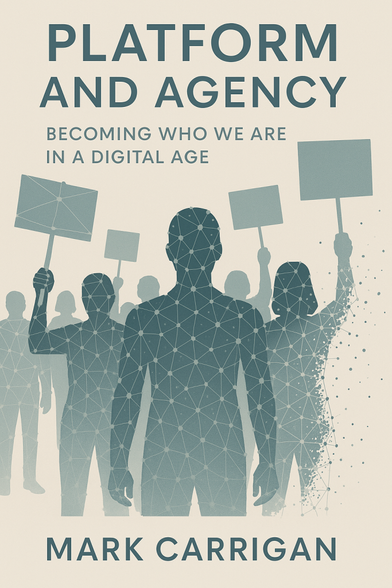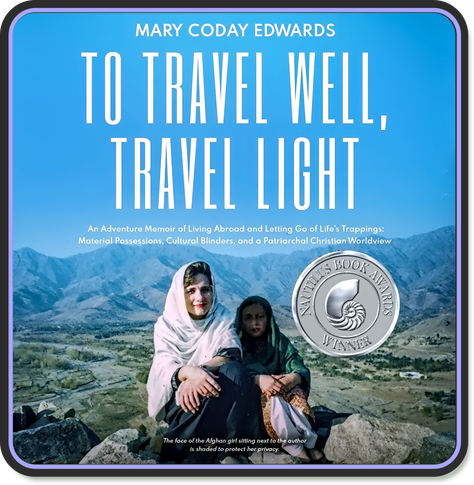After 16 years and 7 months I’ve finished Platform and Agency
I’ll do one more read through when it gets back from my proof reader, but the book I started in September 2008 with my PhD is now finished 👇
The virtue of the detraditionalisation thesis lay in its insistence on a meta-process, a change which exceeds empirical trends which can be measured. It provides, as Lundby (2009: 141) puts it, “a meta approach that makes it possible to integrate very different results of surveys and qualitative investigations into an overall coherent understanding”. The problems with the detraditionalisation thesis arose from the grandiose poetics which left it captivated by its own pronouncements about epochal change. For this reason I believe we ought to be as cautious as we can be about declaring an outcome to sociotechnical change, without dispensing with the recognition that there will be an outcome. If anything the vast investment in LLMs and the data infrastructure which supports them, intersecting with a post-pandemic political economy which appears to be leaving neoliberalism behind, heralds an intensification of change rather than a diminution (Tooze 2021, Varoufakis 2023). It’s possible this might be leading towards a perpetual polycrisis, a social order unable to stabilise itself amidst an accelerating climate catastrophe. But even this doom loop, suggested by Seymour’s (2024) notion of disaster nationalism, represents a social order of sorts, even if it’s an apocalyptic one.
It is difficult to incorporate this horizon of crisis into our frame of reference without subordinating our analysis of the interaction phase through which it is being generated. However by approaching platformisation through the concepts of psychobiography and personal morphogenesis, I have argued that we can avoid both grandiose (and premature) pronouncements about a ‘digital age’ and dismissive rejections of the reality of genuine change. The analysis I’ve offered of distracted people and fragile movements explores how platforms reconfigure rather than replace human agency. By examining how reflexivity operates within platformised contexts, tracing its biographical unfolding rather than proclaiming wholesale transformation, we gain a more textured understanding of contemporary social life. This has meant breaking with an account of agency premised, as Savage (2021: 191) puts it, “on this ontological temporal difference between past, enduring structures, and a contemporary contingent agency that breaks from them”. Unless we can surrender this baggage, we are left with a meta-process defined through the falling away of the past, operationalising ‘tradition’ as that which is experiencing a decline and thus squeezing out continuities through definitional fiat. The problem is not an epochal horizon, as much as ontological assumptions which lead to the epistemic mistakes of pronouncing epochal change in a grandiose and premature manner. A realist conception of the platform can acknowledge its emerging status as a condition of our social existence, while remaining clear that is we who must decide what to make of it.
#biography #criticalRealism #epochalTheorising #personalMorphogenesis #PlatformAndAgency #platformStudies #socialChange #socialRealism

